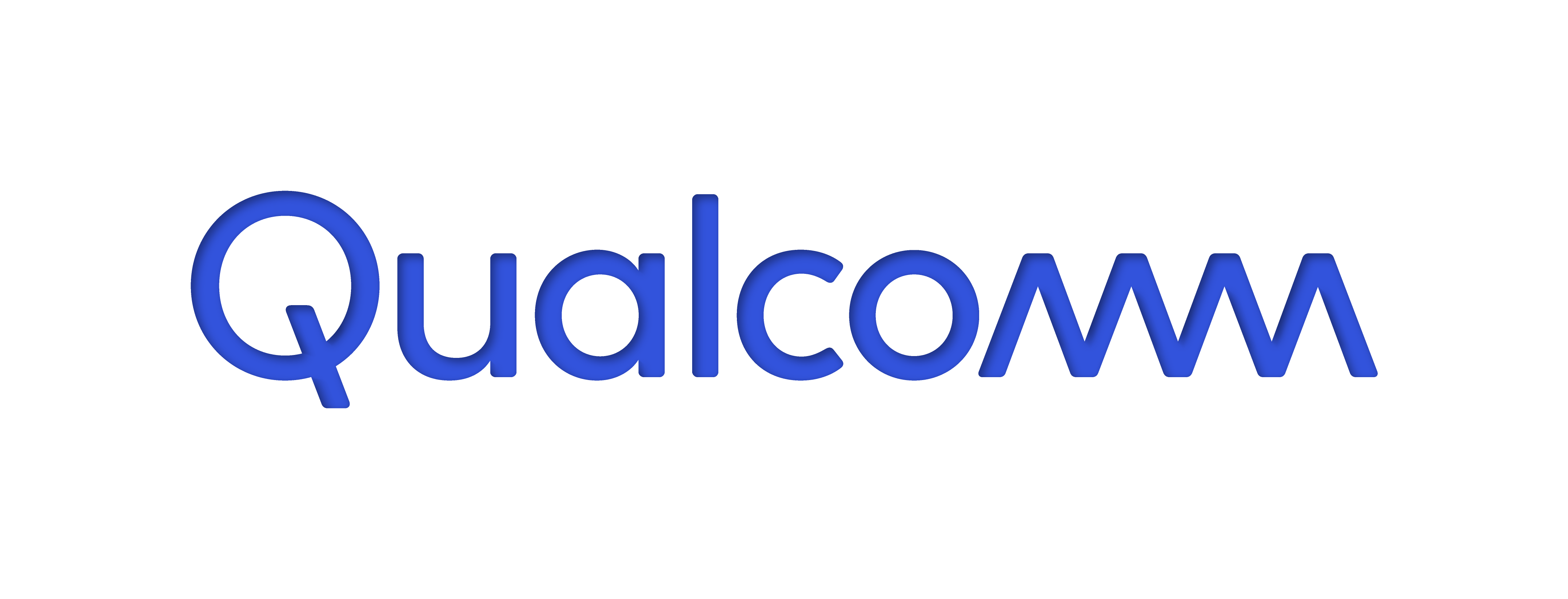Mobile Connectivity Ensures Continuity of Learning, Strengthens Communities
As a fourth-grade teacher at Hopkins Elementary School in rural Somerset, Kentucky, Kayla Simpson leverages mobile technologies to nurture her students’ interest in learning and to grow effective critical thinkers and problem solvers. Since September 2018, Hopkins Elementary students have engaged in interactive, differentiated, self-directed learning experiences using connected tablets and mobile educational apps that support learning while in school.
When school buildings closed in response to COVID-19, educational leaders scrambled to transition to digital learning strategies. Ms. Simpson and her students were ready to embrace distance learning due to their existing familiarity with new digital learning methodologies and environments.
Ms. Simpson’s class participates in the Qualcomm®Wireless ReachTM supported STEAM (Science, Technology, Engineering, Arts, and Math) Mobile Learning program. Wireless Reach invests in sustainable programs that demonstrate innovative uses of wireless technology to strengthen economic and social development globally. Through investments in education, we have seen how access to wireless technologies and internet connectivity can enrich teaching and learning and support local communities.
Our STEAM program is a strategic collaboration with the University of Kentucky College of Education (UK), the Southeast/South-Central Educational Cooperative (SESC) and Project Tomorrow. The program demonstrates how advanced mobile technologies with appropriate content can improve student learning outcomes and teacher effectiveness in STEAM education in chronically underserved communities in Southeastern Kentucky.
To date, 560 students and 30 practicing teachers at K-12 schools across three rural Kentucky school districts in Somerset, Williamsburg and Middlesboro have been provided Qualcomm-enabled 4G tablets to use during instruction at school and for extended learning at home. Each tablet includes a data plan, allowing remote learners to connect with their teachers and classmates and to access online learning content.
“Technology can change your entire classroom,” says Ms. Simpson. “With math, it can take students far beyond whatever I could have imagined with paper and pencil.”
Effective teachers are crucial to a student’s learning, and the STEAM program equips teachers with best practices for integrating the tablets into everyday instruction. This empowers students with new knowledge, skills and confidence. Students log on to Google Classroom to answer critical thinking questions for the day, create how-to video demonstrations - such as subtracting fractions using the SeeSaw app, exploring constellations in the night sky, and complete a formative self-assessment from their tablets.
The mobile technologies and connectivity ensure continuity of learning during school closures due to COVID-19. “I love being able to connect with my students via Google Classroom and Zoom while our school is closed,” says a fifth-grade teacher in Williamsburg. “Thanks to the tablets, the students are able to watch videos of me teaching and reading books to them. They are able to comment and interact with me. It is the best-case scenario since we are not able to see them face-to-face.”
As part of the program, each year approximately 100 pre-service teacher candidates at UK use the same tablets within their teacher preparation courses to develop new proficiencies in enabling mobile learning. Pre-service teachers gain important insights from practicing teachers to develop the competencies they need to effectively integrate mobile devices into instruction in their own future classrooms.
While education is a key driver for growth, economic development and the advancement of societies, COVID-19 brought unprecedented disruption to primary education. According to data from the United Nations, school closures driven by the global COVID-19 outbreak impacted 94 percent of the world’s student population, including up to 99 percent in low and lower-middle income countries.
The disruption brought into sharp focus the need for teachers and students to be prepared with digital tools, skills and internet connectivity to support continuity of learning outside of school. The STEAM Mobile Learning program provides a model for addressing the immediate need of helping students in underserved regions develop the global technology skills they will need to thrive in the evolving workforce.
These experiences are already having an impact on how these young students think about math and their future career goals. According to evaluation research conducted by Project Tomorrow about this program, 67 percent of Hopkins Elementary fourth graders now say they like math, and 53 percent want a future career in a STEAM field. And, by providing in new virtual teaching skills, the STEAM Program helps “pay it forward” to the next generation of teacher.

